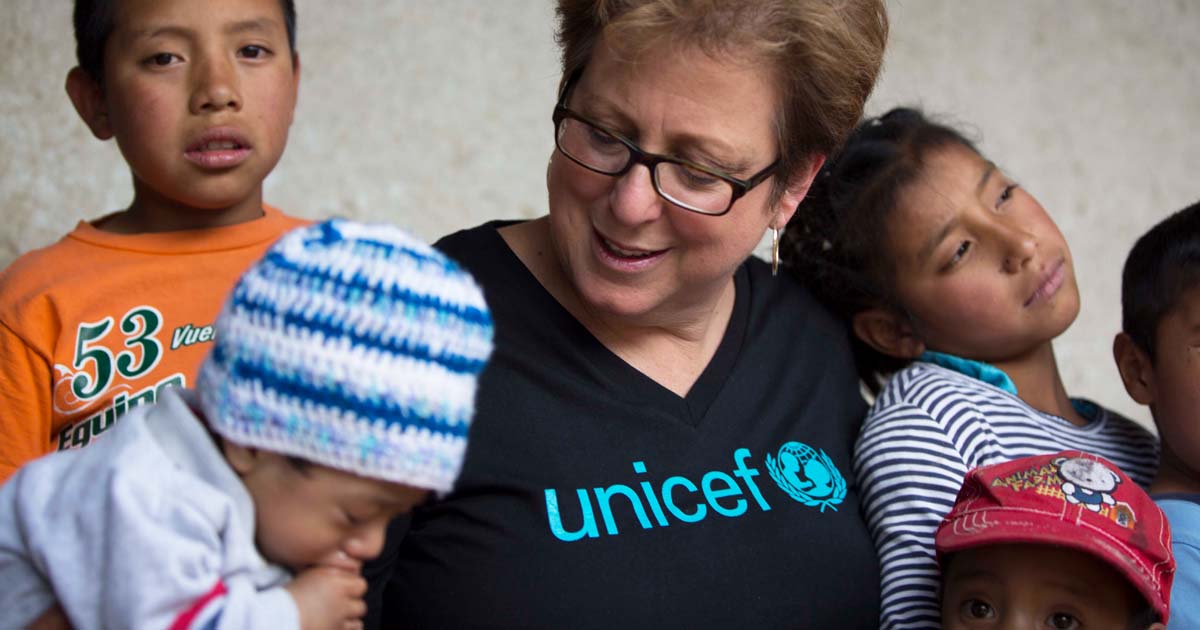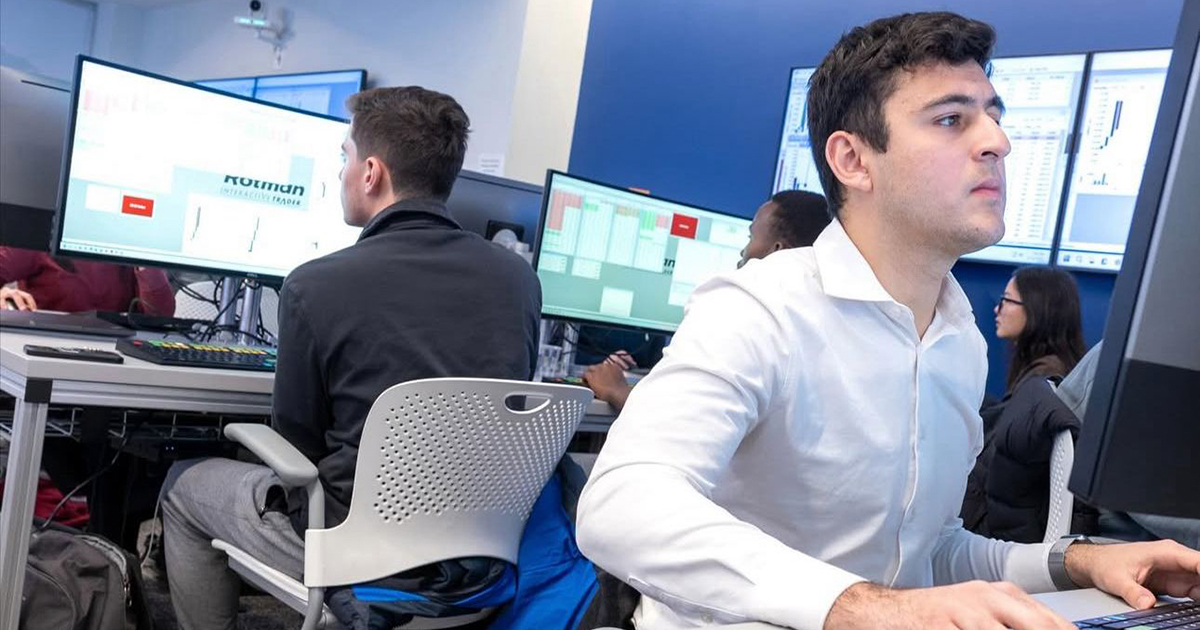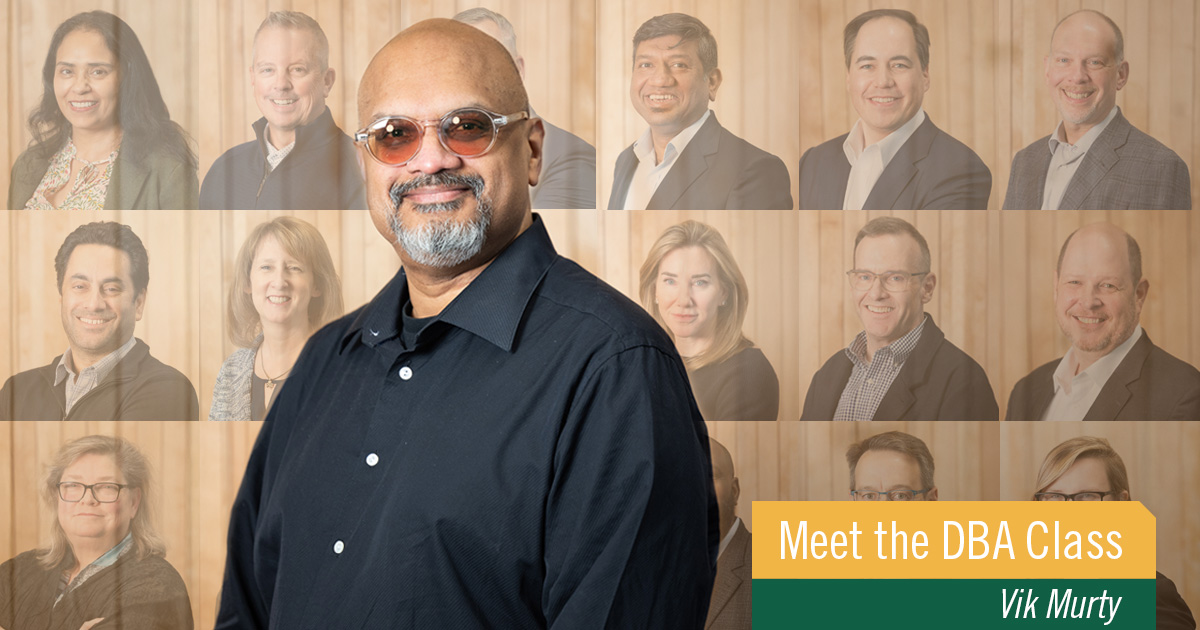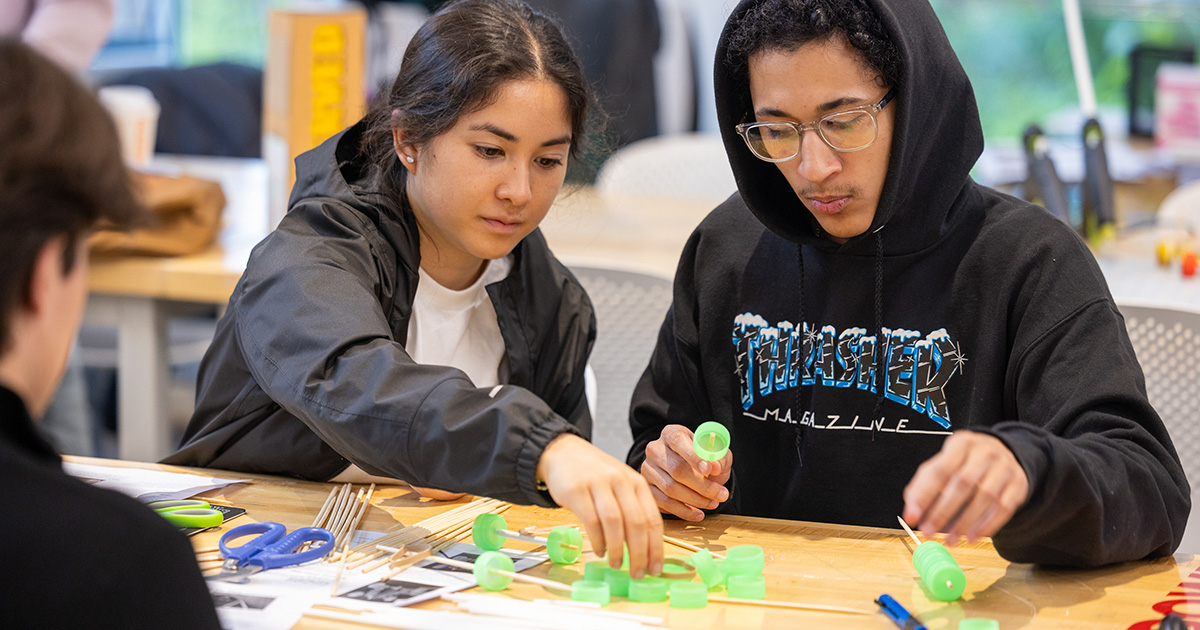Caryl Stern’s Lessons on Life and Leadership

In the story of Caryl Stern’s life, there’s a theme prevalent in each and every chapter: putting children first.
Stern is president and CEO of UNICEF USA, where her day-to-day work is dedicated to saving and protecting the world’s children. But even before taking the helm at UNICEF, her focus was on education—first through 10 years in higher education, then 18 years with the Anti-Defamation League, where she was the Founding Director of its A WORLD OF DIFFERENCE® Institute. Her many leadership roles—activist, author, public speaker, mother, and grandmother—are woven together with the common threads of compassion, education, and advocacy for youth.
The inspiration for Stern’s lifelong career of activism: her mother, who came to the United States as a 6-year-old refugee fleeing the Holocaust. “From age 6 to 16, she was without a mother,” said Stern. “Because of that, she was very family-centric. She stressed to us: the best investment you can make is an investment in your children.”
Stern’s investment in children has led to waves of change: under her leadership, UNICEF USA has nearly doubled its fundraising revenue, secured multimillion dollar commitments in support of the world’s children and launched UNICEF Kid Power, the world’s first Wearable-for-Good™, wearable and sensor technology that empowers kids to get active and save lives. She has traveled to more than 30 countries, spearheading the organization’s emergency relief efforts for children affected by disasters, including the 2010 Haiti earthquake, the 2011 East Africa drought, the Ebola and Zika epidemics, and the ongoing global refugee and migrant crisis.
This month she’ll bring her story and advice to students at Babson College, where she’ll deliver the undergraduate Commencement address. We caught up with Stern to talk about her history of helping children, her leadership lessons, and her advice for the world’s future change makers.
What is the most important lesson you’ve learned in your career?
People always ask, “Can you have it all?” Or, “How does she do it?” I don’t think you can have it all in every moment of every day. You have to pick your priorities. For me, family always has to come first. If my phone rings and it’s one of my children, I take that call no matter where I am. I’ve taken that call at the White House, the United Nations, a refugee camp in Darfur. I’ve had a big career, but I haven’t missed my children’s childhoods. Yes, I’m Caryl Stern at work, but at home, I’m mom. That’s kept me grounded.
You’ve been described as a “roll up your sleeves” kind of leader. What does that look like in practice?
Doing whatever needs to be done. If you walk in the room and the chairs aren’t straight, straighten them. That’s not in my job description, but it’s our job to do whatever we need to do to save children’s lives. If that means the room needs to be neater before you host a meeting or event, you make it neater. If you need to clear the plates, you clear them. Rolling up my sleeves means there is no hierarchy of being above that kind of task.
Leading an organization is often about balancing the highs with the lows. What have the highlights and challenges been during your time at UNICEF USA?
The hardest moment for me was the first time I had to see a child die. I watched a 6-day-old baby die from tetanus. I knew that 70 cents would have prevented it, and $3.70 would have cured it. Neither was available to me at the time this child was suffering. All I could do was hold her mom’s hand. We sat there just as two moms. Once her baby died, I knew I had to get the nurse to tell her, but in my head I was begging for time to stop. I knew life for this woman was never going to be the same. Hearing that mother’s screams was the worst moment of my career. I knew what needed to be done to save her child, but we didn’t have the tools to do it. When you watch a baby die, you know that’s one too many. The only acceptable number is zero.
On the flip side, kids are what keep me going. I’m with kids all the time. They crack me up. No matter where I am—playing soccer in the middle of a refugee camp, talking about boys with girls in Darfur—kids are kids. I have fun moments with them every day.
You’re giving the Commencement address at Babson College this year—what advice do you have for students?
When you think about a job, don’t only think about what it’s going to pay, or which city it’s in, or what the company’s products are. Think about what you’re going to be doing and how you’re going to feel about it. I couldn’t do a job that paid a lot but had no passion. I wanted to make a difference. I’ve done enough that I’m proud of myself, and feel really privileged for this opportunity.



